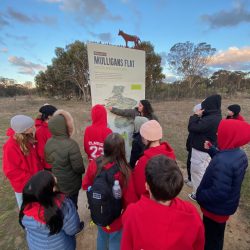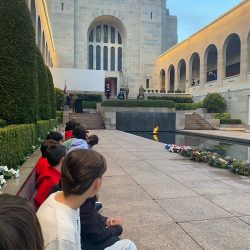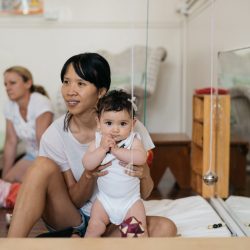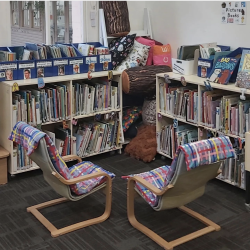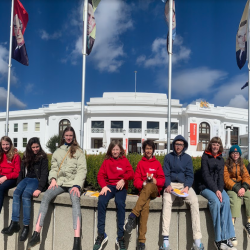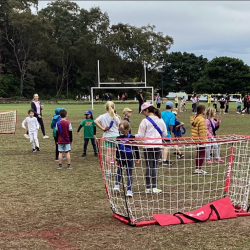Education as a Movement for Peace
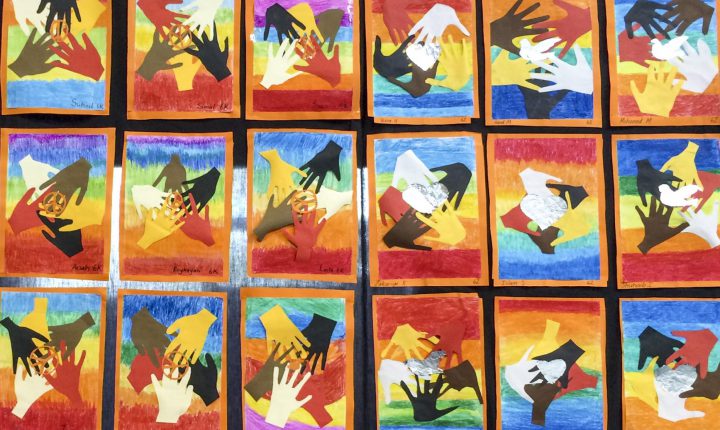
“The child is both a hope and a promise for mankind.” Maria Montessori
Maria Montessori was an advocate for children and for peace. She believed that the potential for peaceful change in our world lies in the loving potential of our children. She identified that children are the future leaders, teachers, workers, parents, creators, decision makers of our world. In order for children to take care of our world, they must first learn to love our world. This is the purpose of education. How do we achieve this?
Through an education which focuses on an awareness of the interdependencies existing within and between living and non-living things, children learn to appreciate the delicate balance needed to maintain harmony on earth.
All stories told as part of the Montessori Key Lessons give acknowledgement to humans who have come before us and gratitude for their work and discoveries.
The Key Lessons make up the Montessori ‘curriculum’. They are the series of lessons for each subject area, designed to spark the children’s interest and connect them with meaningful activity.
As children are given the freedom to exercise their will and make decisions within the school environment, they are given a direct experience of the natural results or consequences of their choices.
Ethical behaviours are not simply ‘taught’ through conversation or a passing of knowledge from adult to child; morality is experienced by the children on a daily basis through their interactions with one another and their environment
“The unknown energy that can help humanity, is that which lies hidden in the child.” Maria Montessori
Community service and outreach is a key component of the children’s work. From six to twelve years old, concepts of social justice and fairness are at the forefront of a child’s mind. The children are given opportunities to support their community and initiate their own ideas of service to others.


